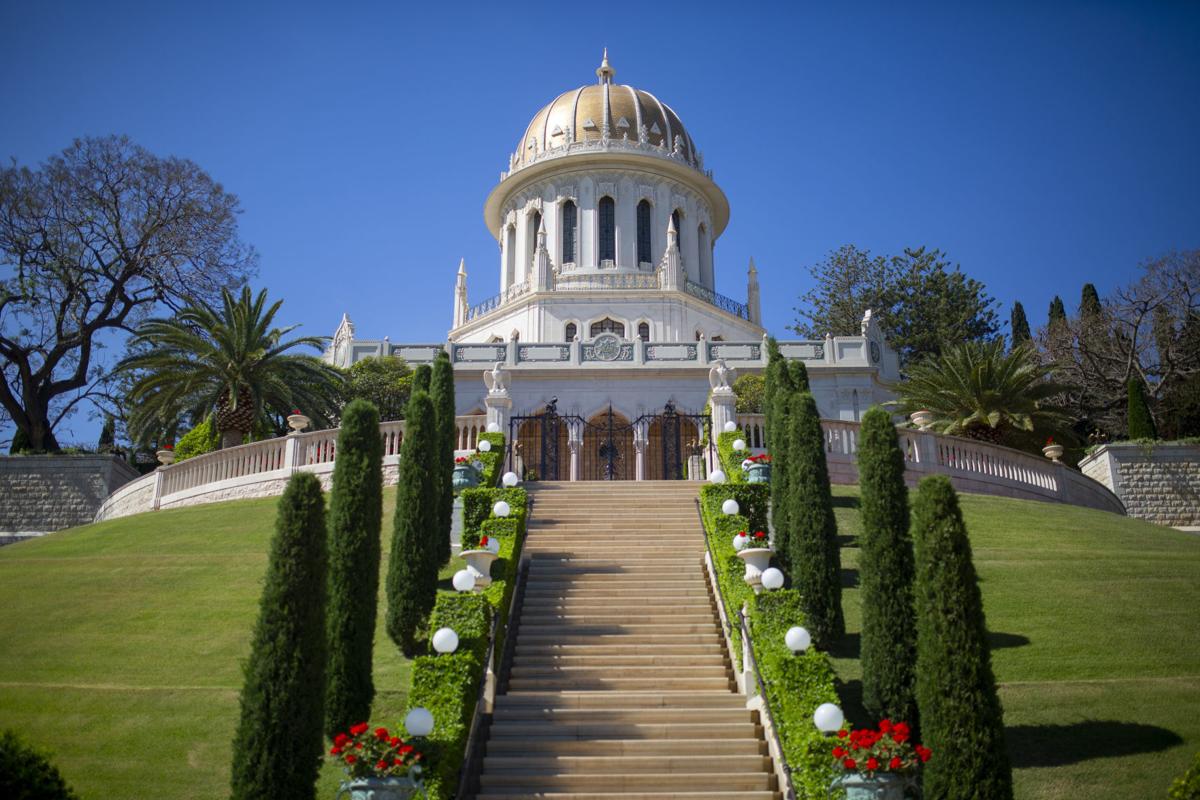
The Bahá’í Era began in 1844, with the declaration of a young man called the Báb (the Gate). The Báb was born in Shíráz, in southern Persia, in 1819. He declared His mission in 1844 and was martyred in 1850, at the age of 31.
The Báb said He had been called to an exalted and glorious Mission: to proclaim the dawning of a new day in the spiritual history of the world, the long-cherished-and- awaited Day of the Lord, the approach of the age of restoration and renewal, when “all things are made new” (Revelation 21:5).
Verily this is none other than the sovereign Truth; it is the Path which God hath laid out for all that are in heaven and on earth. Let him then who will, take for himself the right path unto his Lord.204 _The Báb
The Báb’s Message spread swiftly, like the glimmerings of dawn, to summon the seekers of the Kingdom and to prepare them for the rising of the Sun. Before long, the light of the Lord would unveil its countenance to shine with unmatched glory and dazzling splendor.
The Báb’s Message threatened the establishment. Religious and political leaders alike set out to destroy Him. His triumph meant the decline of their powers. They were the same kind of fanatical and self-righteous people to whom Jesus came, and they felt and acted in the same manner.
During His brief ministry on earth, in spite of imprisonment and exile, the Báb revealed an abundance of Scriptures, unveiled mysteries, offered new hope and knowledge, and paved the way for the advent of a divine Teacher who would disclose even greater treasures of truth.
Although an independent Messenger, the Báb served primarily as the Gate to Bahá’u’lláh’s Revelation. His prime mission, like that of John the Baptist, was not to found a new Faith but to awaken the seekers of truth, and to prepare them for the advent of the long-expected world Savior and Redeemer.
The Báb repeatedly asked His followers to be ready, to be receptive to the call of the next Redeemer, and to give Him their full allegiance. The Báb knew that the advent of Bahá’u’lláh would pose a severe test to His own followers:
Take ye heed, therefore, lest ye deprive yourselves of attaining the presence of Him Who is the Manifestation of God…and be ye careful lest ye be deterred from attaining unto the ocean of His good-pleasure…205
The Báb praised Bahá’u’lláh in the most exquisite and enchanting terms, expressing His utter humility toward Him. The following passage shows how the Báb viewed Himself in relation to Bahá’u’lláh:
Consecrate Thou, O my God, the whole of this Tree [the Báb] unto Him, that from it may be revealed all the fruits created by God within it…By Thy glory! I have not wished that this Tree should ever bear any branch, leaf, or fruit that would fail to bow down before Him…And shouldst Thou behold, O my God, any branch, leaf, or fruit upon Me that hath failed to bow down before Him, on the day of His Revelation, cut it off, O My God, from that Tree, for it is not of Me, nor shall it return unto Me.206
To show His humility, the Báb likened Himself to a ring on Bahá’u’lláh’s hand. The metaphor is the quintessence of beauty and simplicity:
I myself am, verily, but a ring upon the hand of Him Whom God shall make manifest—glorified be His mention! He turneth it as He pleaseth…207
The humility expressed by the Báb towards Bahá’u’lláh is comparable to that expressed by John the Baptist towards Jesus:
After me comes one who is mightier than I. I am not fit to unfasten his shoes… _Mark 1:7
As the Scriptures reveal, Elijah was to appear twice, once before the first advent of Jesus—a prophecy fulfilled by John the Baptist—and again before the second advent, a time distinguished and described as “the great day of the Lord:” “Behold I will send you Elijah the prophet before the great and dreadful day of the Lord” (Malachi 4:5). The Báb’s advent thus accorded with the preceding prophecy, fulfilling the promise of the Scriptures that a Messenger would again herald the dawn of the New Age.
The new Revelation began in Shíráz, a city in southern Persia—a country prophesied in the Scriptures to become the seat of God’s throne in the last days: “I will set my throne in Elam…saith the Lord” (Jeremiah 49:38).
The teachings of the Báb challenged, threatened, and soon began to uproot the established dogmas and superstitions of the day, leading to turmoil and opposition throughout the land. As a result of the collaboration of the religious leaders and the state, exactly as in the time of Jesus, the Báb was imprisoned, exiled, and eventually executed. His ministry lasted slightly over six years.



